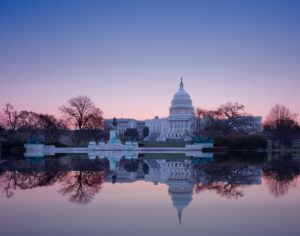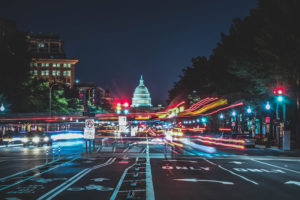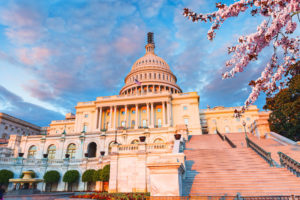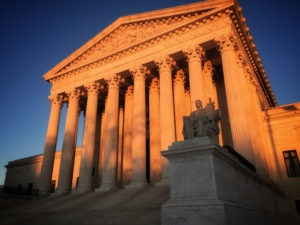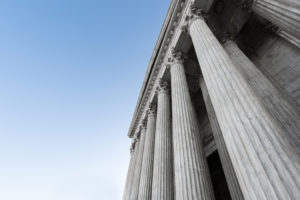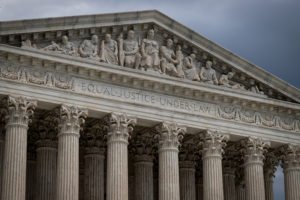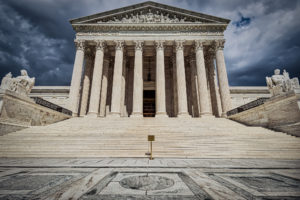Responding to Anti-Regulatory Tropes
Marchand’s argument questions key regulatory processes and ignores the net benefits of regulation.
Regulatory Process in Dire Need of Reform
EPA exemplifies how agency rulemaking pushes the boundaries of lawful policymaking.
Dissecting the Debate Over Regulation
Commentators debate central questions about the role of regulations in society.
CRA Resolutions Against Agency Guidance Are Meaningless
GAO is wrong to think that Congress can use the CRA to overturn agency guidance.
The National Injunction and the Administrative Procedure Act
Critics of national injunctions should not stretch the meaning of key words in the APA.
How Regulatory Agencies Undervalue Life
Agencies should boost penalties for fatal rule violations to match the value of a statistical life.
The Ambiguity in Judge Kavanaugh’s Chevron Critique
Judge Kavanaugh’s views on Chevron may create more uncertainty than exists under the current doctrine.
Kavanaugh and the Deference Doctrines
Judge Kavanaugh’s past opinions reveal a commitment to clarifying deference rules and increasing predictability.
Judge Kavanaugh’s Activist Vision of Administrative Law
In his D.C. Circuit cases, Judge Kavanaugh tends to disfavor most agency interpretations of statutes.
Judge Kavanaugh, Chevron Deference, and the Supreme Court
If confirmed, Judge Kavanaugh would likely support narrowing Chevron’s scope.
Judge Kavanaugh and Administrative Law
What would Judge Kavanaugh’s confirmation mean for the U.S. Supreme Court’s administrative law decisions?
The Changing Meaning of Transparency
Scholar argues that despite progressive roots, U.S. transparency laws have taken an anti-government focus.

